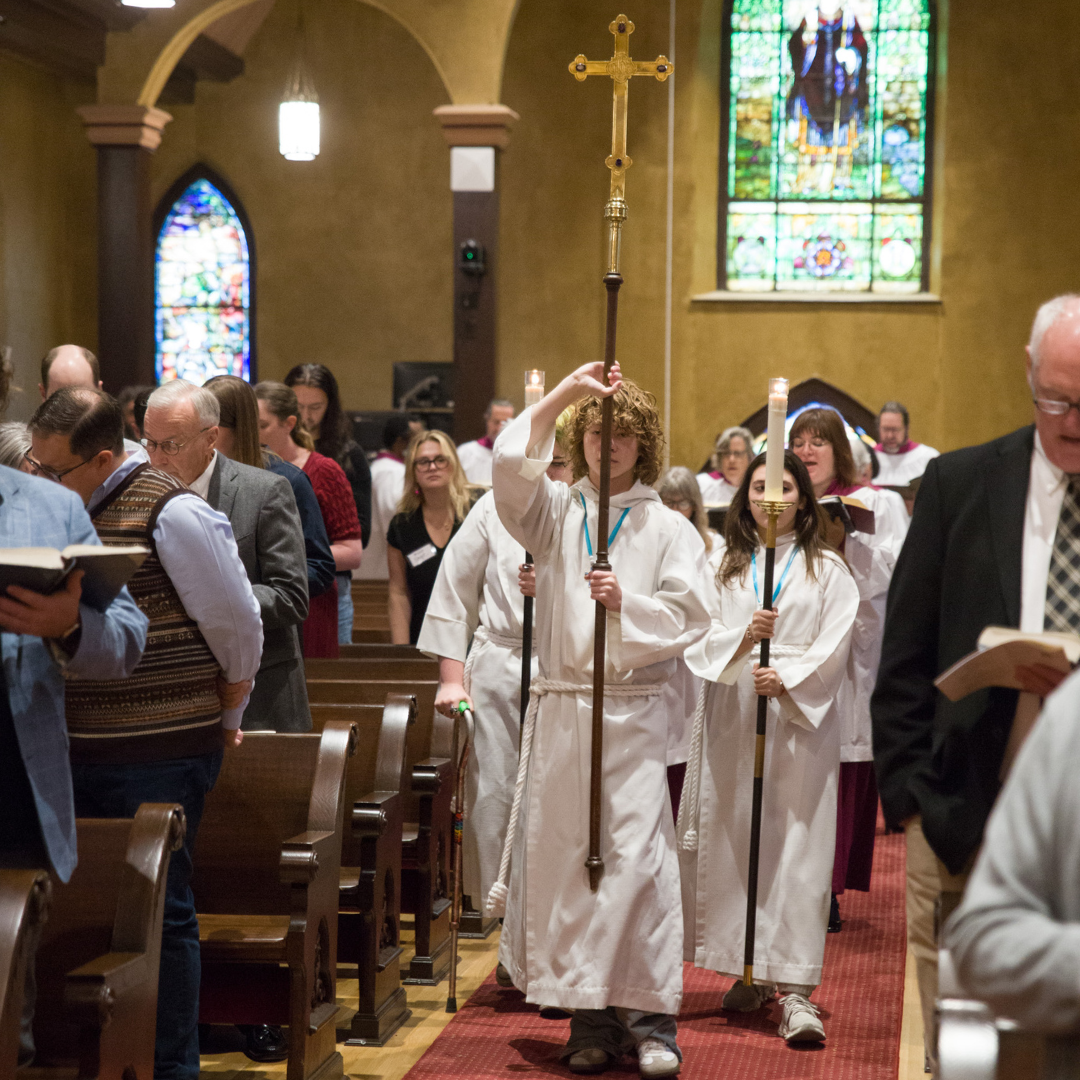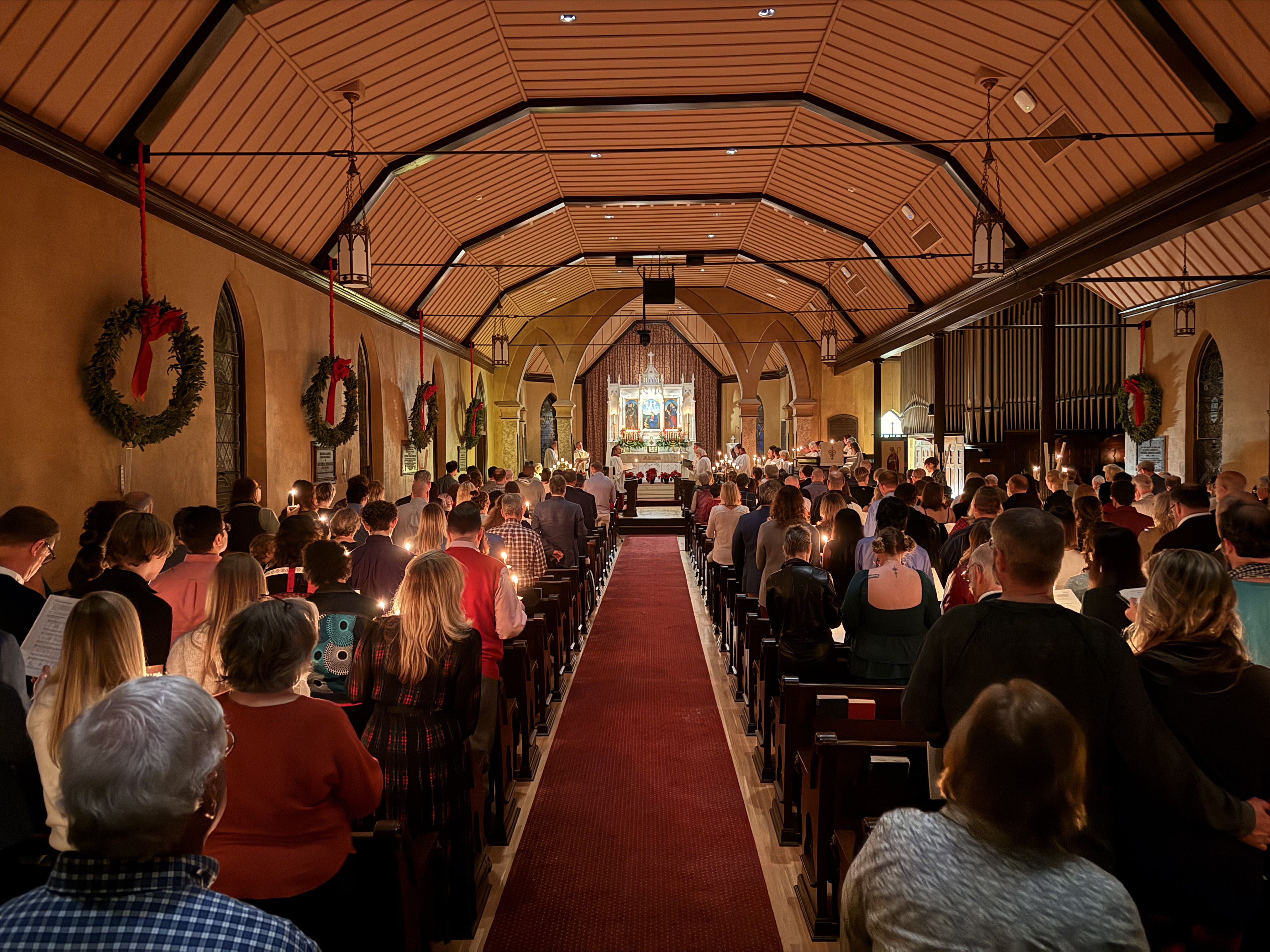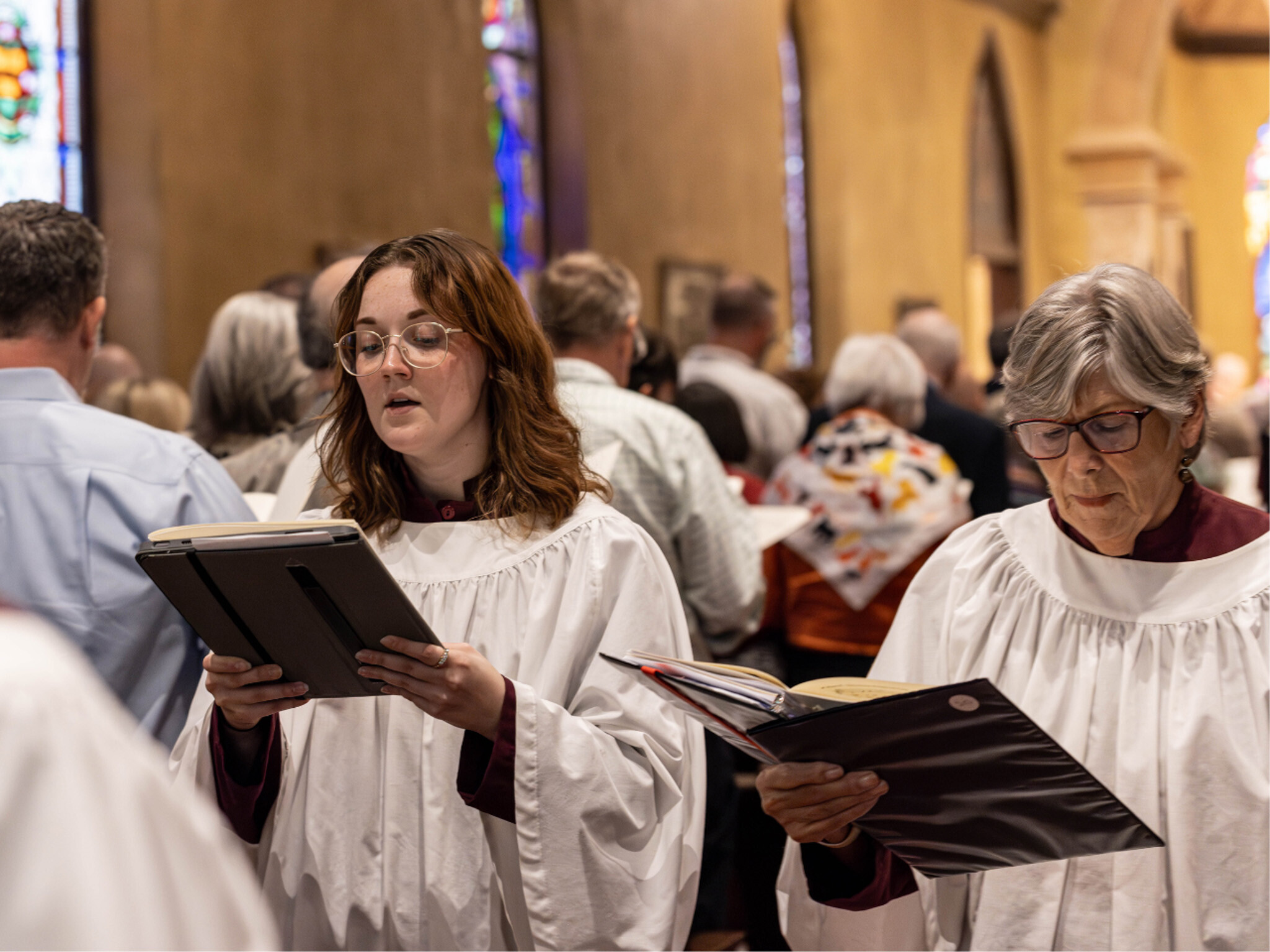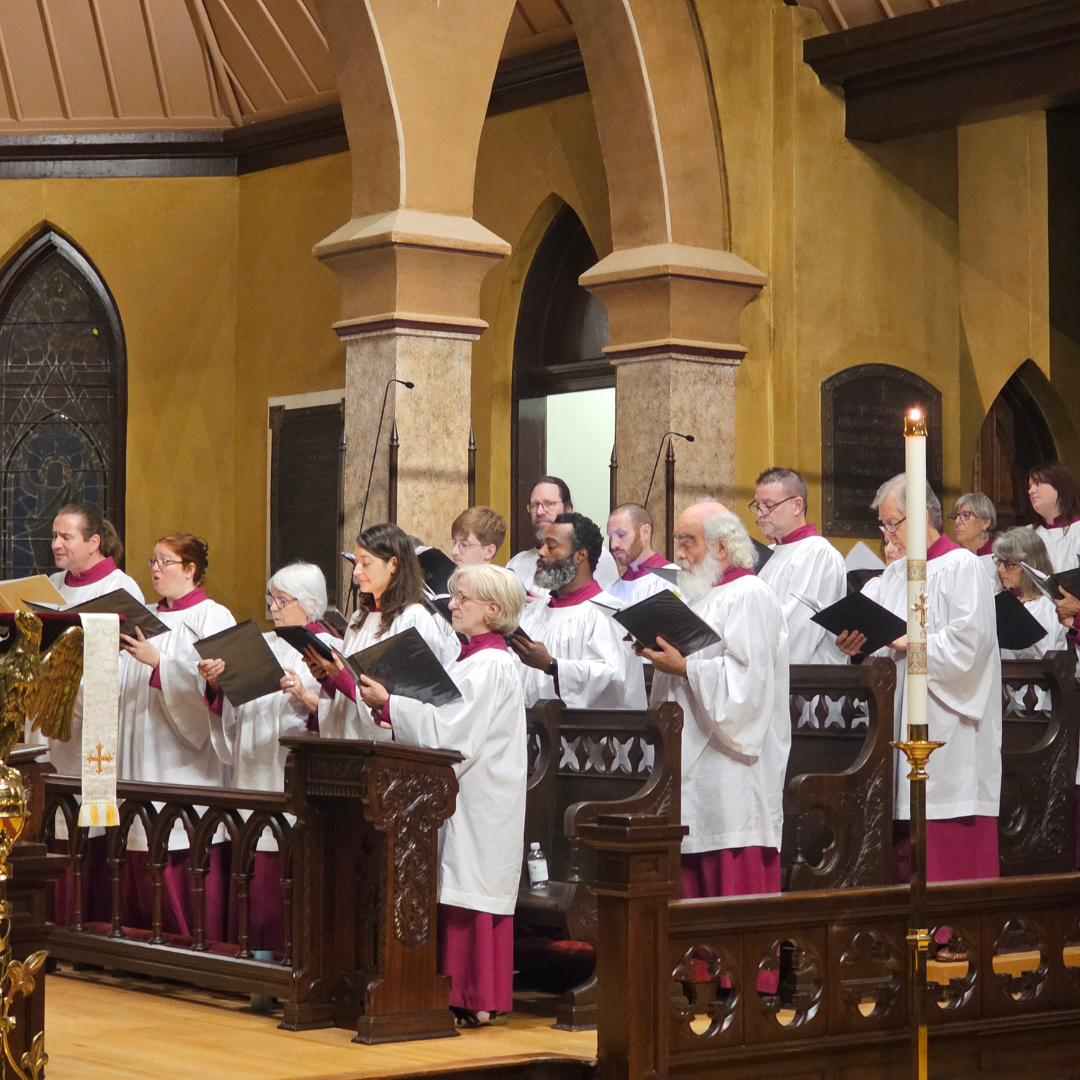
On the Third Sunday after the Epiphany, the unveiling of Christ’s identity and mission continues as he proclaims the fulfillment of prophetic promises of good news and release. Two hymns often associated with Advent and the Feast of the Epiphany itself speak especially to this theme.
‘Hark the glad sound!’ [72] was sung on the 3rd Sunday of Advent (2024-12-15, the notes for which please see’). ‘Hail to the Lord’s anointed’ [616], written by the Scottish Moravian poet, journalist, and abolitionist James Montgomery, is a paraphrase of Psalm 72, which has much to say about God’s concern for justice and righteousness, and for the poor and needy. As Montgomery puts it,
He comes to break oppression,
to set the captive free...
...He comes with succor speedy
to those who suffer wrong,
to help the poor and needy,
and bid the weak be strong...
This originally royal Psalm has quite naturally been applied to Christ in Christian tradition, and our author makes the connection fairly explicit –
Hail to the Lord’s Anointed,
great David’s greater Son!
Hail, in the time appointed,
his reign on earth begun!
– tying the Psalm to the Kingdom of God that is at the heart of Christ’s proclamation, and to the passage from Isaiah which Our Lord reads in the synagogue in today’s Gospel:
The Spirit of the Lord is upon me,
because he has anointed me
to bring good news to the poor...
The Psalm and the hymn go on to proclaim the dominion which this great King will enjoy on account of his righteousness; the tribute to be brought by other (earthly) rulers occasions the use of the Psalm on the Feast of the Epiphany and probably influenced the Gospel and/or popular accounts of the Visitation of the Magi.
Not Psalm 72, but rather Psalm 19 (verses 8ab and 10cd of which are heard in a delightful, dance-like motet by a South German contemporary of Bach), was chosen by the lectionary compilers to complement the Gospel. Like Psalm 72, Psalm 19 finds the glory and righteousness of God manifest in nature, but it finds them too in the record of God’s ways written in ink – the Torah – as well as that written in the heavens. Indeed, the ways of God, the two halves of the Psalm teach us, are what hold both the universe, and human relationships and society, together.
Those human relationships are the focus of Sunday’s Epistle, part of St Paul’s important discourse on the Body of Christ (I Corinthians 12), as well as of the Communion anthem, a modern setting of ‘Ubi caritas et amor’ (‘Where true charity and love dwell, God himself is there’ [Hymn 606]) that elaborates upon the hymn’s proper chant melody in the style of a Renaissance motet.
Both ‘Ubi caritas’ and ‘Hail to the Lord’s anointed’ encourage us to look for the signs of the Kingdom of Heaven: where we see true charity and love, we see God; where we see peace (not just an absence of conflict, but shalom, true wholeness), we see the very herald of the King. And learning to live in the light of that love and peace, we ‘pray...to see [Christ’s] exalted glory’ [606], where ‘his Name shall stand for ever: his changeless Name of Love’ [616].





Login To Leave Comment